Taylor Swift’s Midnights Delivers Her Signature Pop Sound
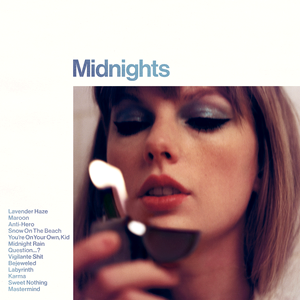
Taylor Swift’s recent album, Midnights broke countless records for top music. The album is a culmination of many of her previous albums and follows an upbeat tune with undercurrents of darkness.
January 3, 2023
Taylor Swift’s recent 10th studio album, “Midnights” is a quintessential pop album that underlays a deeper message of nuance over an upbeat soundtrack. The album follows the narrative of Swift’s conceptualizations over the course of a late night. Midnights is already widely popular – it quickly surpassed the record for the most streamed album on Spotify in one day. The demand for the “Eras” tour that was announced following “Midnights” release was also record-breaking, selling out in mere minutes.
Swift made a return to the mainstream pop genre from her previous albums, Folklore and Evermore. Some were angered by this, although nothing says Taylor Swift more than feel-good screamable pop hits. Midnights is at its core a danceable album that you can sing to in the car. However, in classic Taylor Swift fashion, there is a deeper and more nuanced message to these songs if you examine the lyrics.
The album is a clear culmination of Swift’s arc from different aspects of her musical eras. The album most strongly has the feel and sound of 1989, with catchy songs bound for the charts. Songs like “Karma” evoke the familiar sense of revenge from Reputation. Swift still brings the emotional lyricism and imagery comparable to Red and Folklore in songs like “You’re On Your Own Kid” and “Would’ve Could’ve Should’ve”.
The most popular song from Midnight’s was Anti-Hero, which has remained number one on Billboard Hot Charts 100 list for an astounding five weeks. This song has brought up mixed feelings from the masses. Some criticize the lyrics of the chorus, “It’s me/ Hi I’m the problem/ It’s me”, believing it to be insincere in its over-the-top nature. In my understanding, there is an undercurrent of sarcasm throughout the song – from the over-dramatization of her mental state through expressive imagery to express her subpar self esteem to the cheery chorus, where you can’t help but feel a mood increase from the upbeat tune.
As much as I appreciate an upbeat song that seeks no alternate purpose other than pure fun, there were a few songs on the album that came across as one-dimensional in lyricism and composition. “Vigilate Shit”, “Karma”, and “Lavender Haze” seemed built for popularity to me, and lacking in the longevity that so many other of Swift’s songs carry.
Over the years, there has been a constant narrative on the internet that Taylor Swift is not a legitimate musical artist. Many brush off the artistry of Swift likely because the biggest audience of her music is teenage girls. There has long been a narrative that anything teenage girls do is illegitimate and lacking in depth and intelligence. “Midnights” has reinforced this idea for some that Swift’s music is lacking in depth.
Swift’s music, and career have been discounted countless times by many, often for the mere reason that her music is mainstream, and enjoyed by a younger audience. This perception is often spurred by a misogynistic thought process. Enjoying mainstream music like “Midnights” is not inherently less meaningful than consuming more obscure and independent artistry.
While there have been countless opinions of Swift from a prejudiced lens, there is most definitely truth in some claims to be made on Taylor Swift and her fans. Many self proclaimed “Swifties” are quick to adamantly defend Taylor Swift in any personal or musical choice she makes. This is not always for the best. Her activism has often come up short in intersectionality. She is vocal about being a feminist, although that feminism often fails to represent the voices of women of color.
Swift, and her fans place herself in the place of victimization to the attacks of misogyny which is a real and true problem. Yet, there is a space to manipulate the narrative around how she has been taking care of to make her seem more in a space of scrutiny than she is truly in. Swift’s music should ideally be consumed through the framework that she is far from flawless, and still has strides to make in terms of inclusion.
Her music is also not for everyone; some claim Swift is the only artist capable of profound lyricism and stunningly unique refrains. Yes, she has taken some creative risks, but her music is often clearly limited to the cookie-cutter mold of what will make a top-hit. Some are so adamantly defensive of her music, they dispute with anyone who doesn’t strike a chord with her music, or finds meaning with other artists.
“Midnights” is an undeniably fun album; it’s meant to be analyzed, yet not to be taken too seriously. I encourage everyone to give the album a listen — regardless of any negative connotations associated with Swift’s name, or the pop genre.


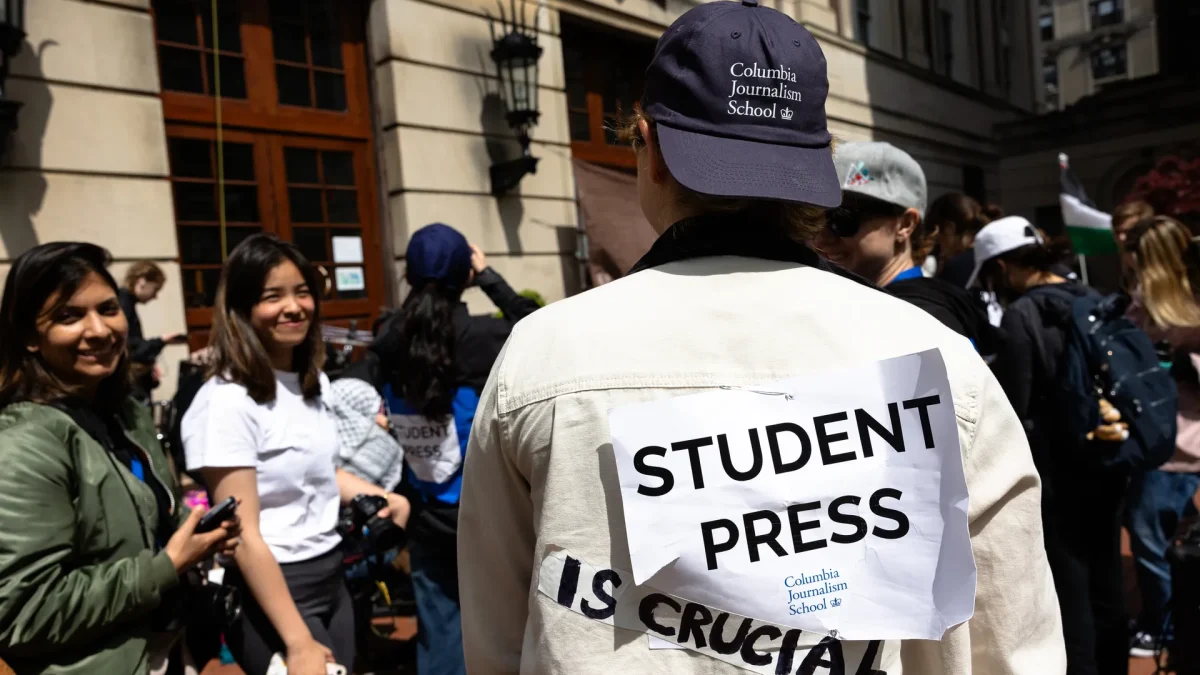


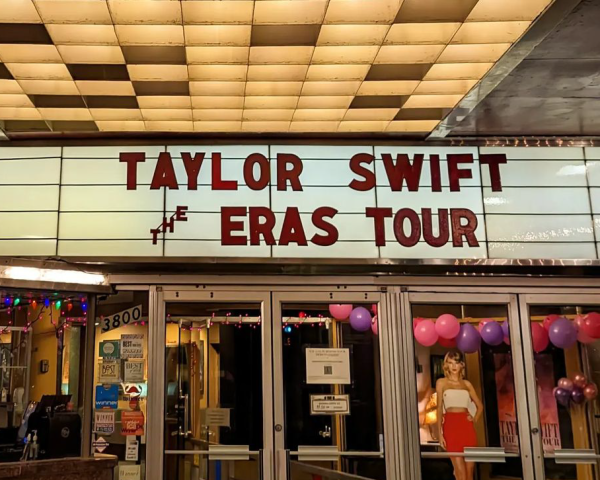
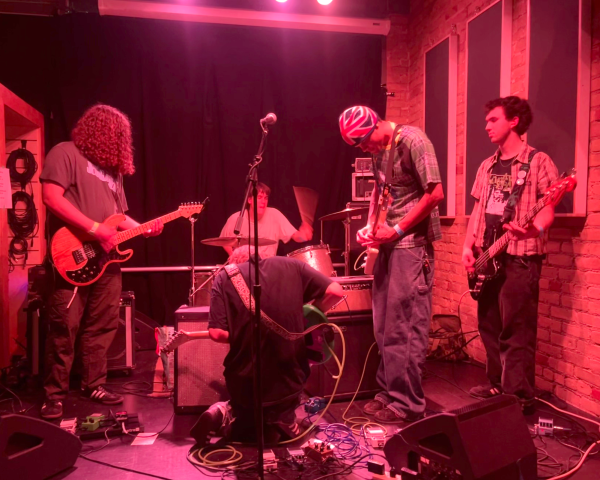
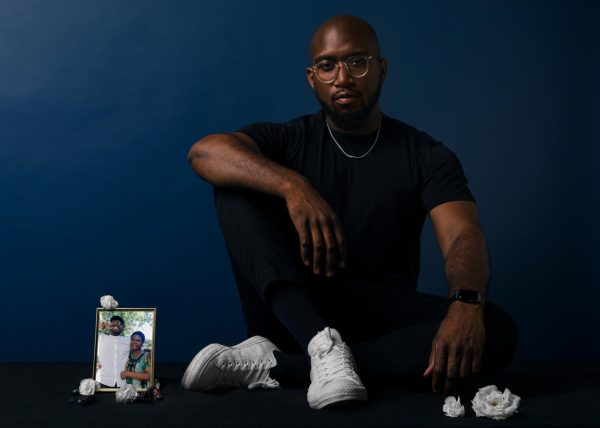
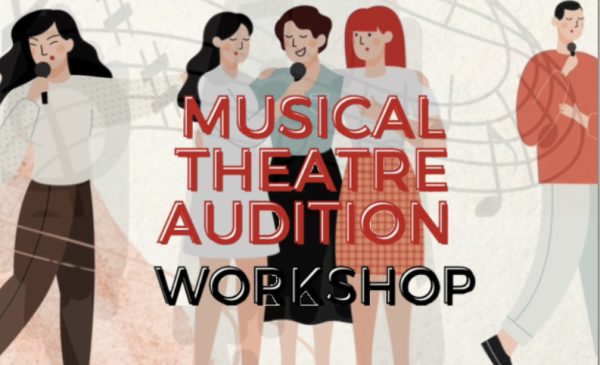

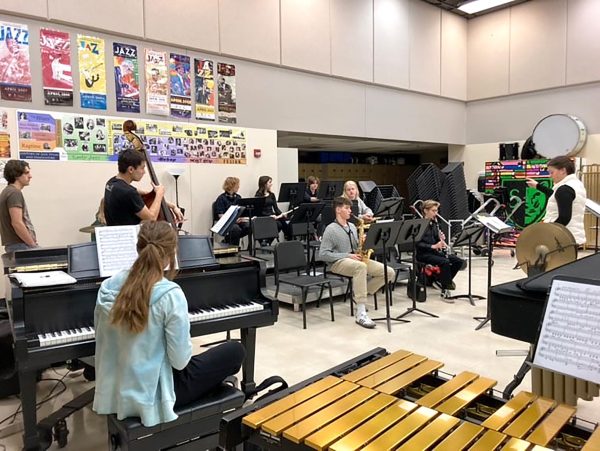
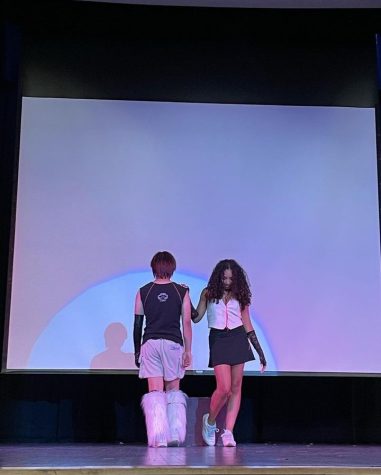
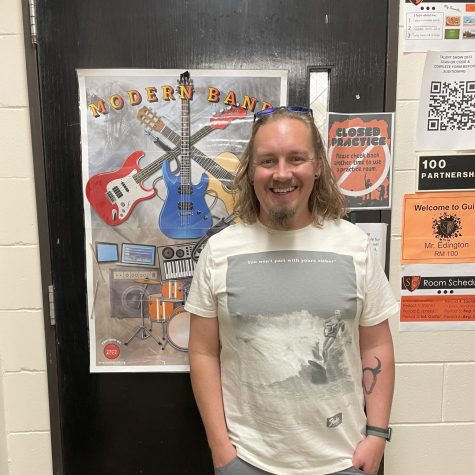
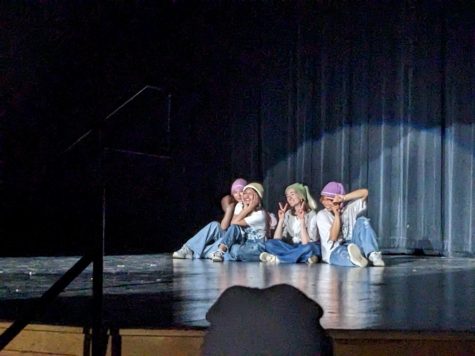

Francois • Jan 4, 2023 at 5:25 pm
I’m 65 and love almost all of her songs. I think her lyrics on many songs are amazing.